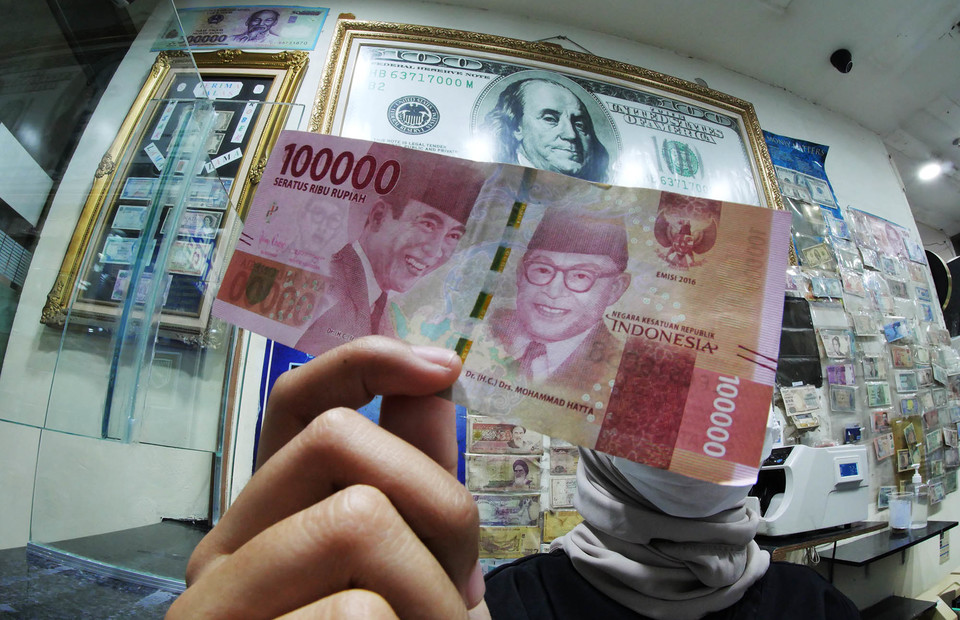
Jakarta – Bank Indonesia, the country’s central bank, reported an increase in the country’s foreign exchange reserves to $136.4 billion at the end of last month, up xx percent from $135.6 billion a month earlier.
“The increase of official reserve assets position in June 2022 was influenced, amongst others, by the Government’s global bond issuance as well as tax and services receipts,” Erwin Haryono, Bank Indonesia’s head of communication department, said in a statement on Thursday.
Erwin said that the reserves were enough to cover 6.6 months of imports or 6.4 months if the need for servicing the government’s external debt was also taken into account. According to the international norm, a country should maintain enough reserves to cover at least three months of its imports.
“Bank Indonesia considers the official reserve assets position ample to support the external resilience and maintain macroeconomic and financial system stability,” Erwin said.
“Moving forward, Bank Indonesia views that the official reserve assets remain adequate, supported by the stability and solid domestic economic outlook, in line with the policy responses to stimulate economic recovery,” Erwin said.
Investors and traders closely monitor the foreign exchange reserves position to gauge Indonesia’s resilience to stand the external shock, especially one that causes money to flow out of the country.
The government issued the so-called Samurai Bonds, denominated in Japanese yen, on June 2, amounting to 81 billion Japanese yen. It was the eighth Samurai Bonds issuance since 2015 and aimed at plugging the 2022 state budget deficit to handle the Covid-19 pandemic and restore the national economy.
Indonesia also experiences spillover effects from the uneasiness among foreign investors about a growing risk of global inflation and recession. It makes some of them sell their Indonesian bonds and stock holding.
Since May, foreign investors have sold a total of Rp 68 trillion in their Indonesian stocks and bonds hiding, data from the Indonesia Stock Exchange and the Ministry of Finance showed.
Rupiah has also depreciated by more than 5 percent since then. The currency was traded at 14,985 per US dollar on Thursday, slightly strengthening from 14,999 a day ago, Bank Indonesia data showed.
Further Depreciation Expected
Bhima Yudisthira, an economist at Jakarta-based think tank Center of Economic and Law Studies (Celios), said the rupiah could depreciate further his year when the subsequent US benchmark interest rate increase occurs, raising the risk for a global recession.
“For example, Citigroup’s projection regarding the global recession risk is now at 50 percent in the next 18 months. At the same time, BI still holds its benchmark interest rate when inflation increases by 4.35 percent yearly. So, the outflow of foreign funds will remain high,” Bhima told the Globe’s sister, Investor Daily.
Bhima asked the government to prepare for the worst scenario. Domestic inflation could soon follow, and income from commodity exports supporting the trade surplus could reverse direction, which would hurt consumers, he said.

